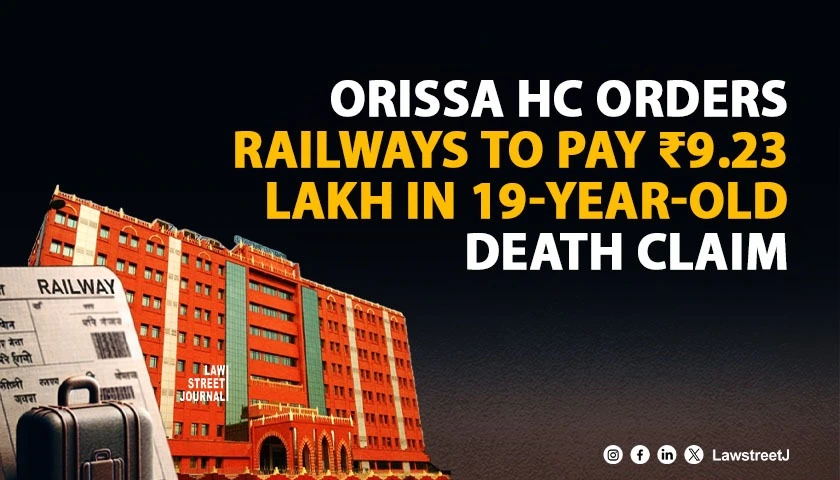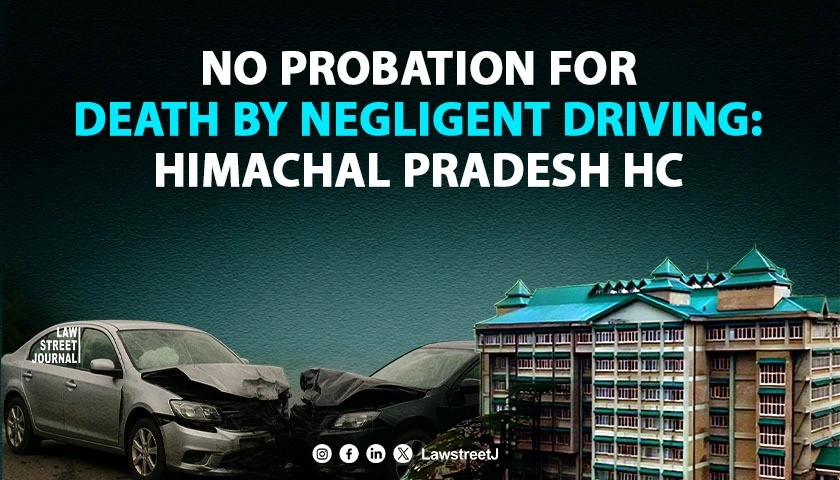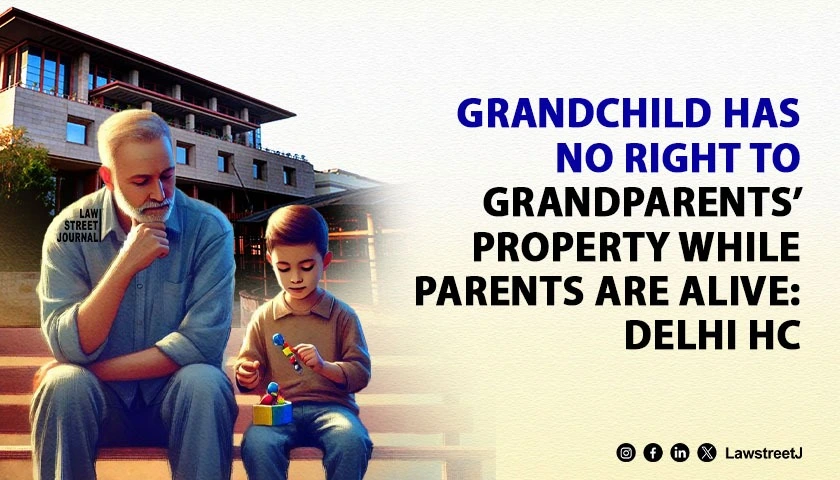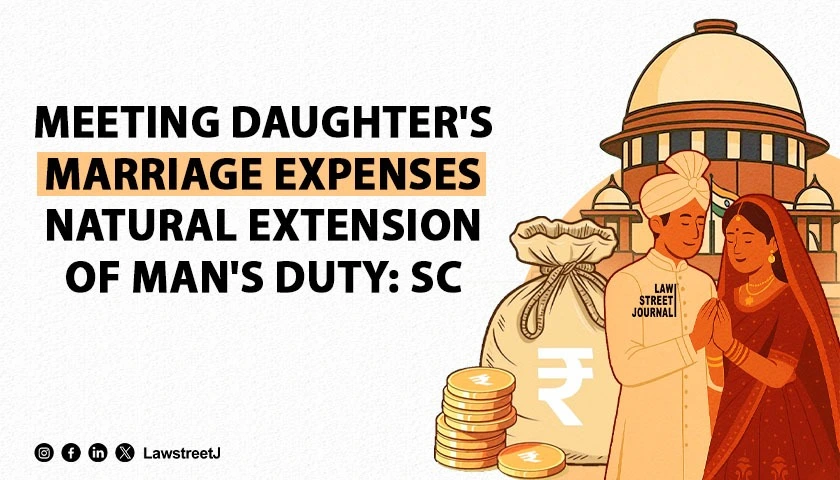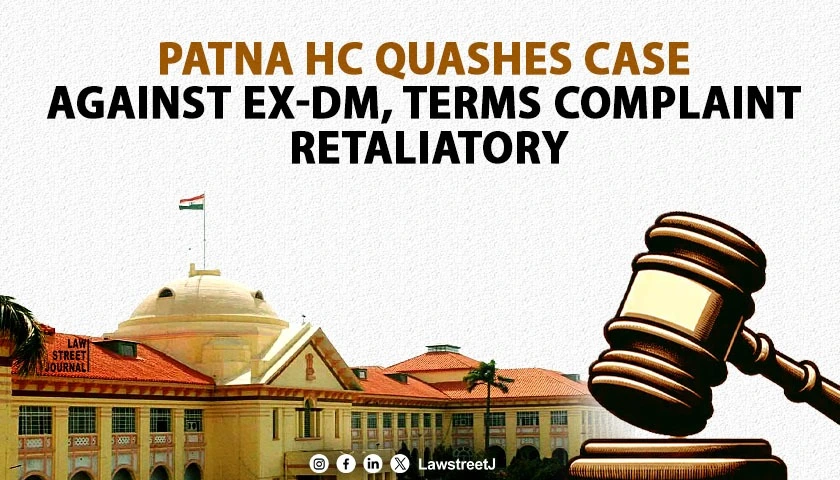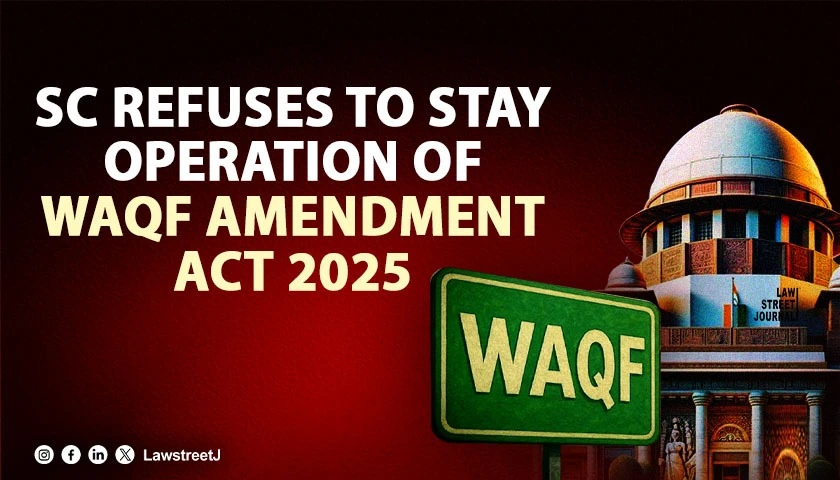NEW DELHI: A Muslim body has approached the Supreme Court for impleadment in order to oppose a PIL filed to challenge the validity of the Places of Worship (Special Provisions) Act, 1991.
A Lucknow-based MPLBI Trust through M/s Ahmadi Law Offices sought to intervene in the petition filed by advocate Ashwini Kumar Upadhyay, which is likely to come up for hearing on September 9.
The 1991 mandated to maintain the status of religious places as prevailed on August 15, 1947.
The application claimed the plea was frivolous, motivated and mala fide and filed with an oblique objective to keep alive the communal issues.
It also claimed the petitioner has suppressed that he has affiliation to a political party that in fact has the largest party holding majority in the Parliament and can well take the legislative route.
Such frivolous petitions are purely political and part of a larger design to keep alive the communal and sensitive issues alive in the country to serve the political interests of certain individuals and organisations, the application read.
It also claimed Upadhyay's plea is a "part of a larger and devious design to keep alive the communal and religiously sensitive issues in the country to serve the political interest of certain individuals and organisations".
The organisation maintained that the 1991 law is meant to maintain peace in the society.
"But for the Act, normativity would be lost to subjectivity, constitutional duty would be transformed into moral ordering and legal reasoning would be
dispensed with for perceived notions of historical wrongs," it said.
The plea said the very purpose of the Act is to enable citizens to exercise their right to freedom of religion as enshrined in Article 25-28 in a peaceful manner.
The Act does so equally for all the religions by providing for equal protection to places of worship of all the religions. Thus, it is in consonance with the secular character of the Constitution which is its basic feature, it pointed out.
The Act contributes towards equal treatment of all religions and enables free practice and profession of religion and thus, enforces non-retrogression of one of the foundational features of constitutionalism i.e. secularism.
That the plea of the petitioner to invalidate the Act and allow conversion (or re-conversion) of certain places through suits, petitions or otherwise is thus not only antithetical to the fundamental values and express provisions of the Constitution but undoes the civilisational gains of humanity in terms of secularism being a sine qua non of peaceful and progressive society, application said.
The application also claimed that the petition is a serious abuse of process of law as misuse of public interest litigation is a matter of concern for the judicial process.
Frivolous or motivated petitions, ostensibly invoking the public interests detract from time and attention which courts must devote to genuine causes," it said.
Previously, Jamiat Ulama-i-Hind, a prominent Muslim organisation, has sought impleadment in the case, saying the plea by Upadhyay "seeks to indirectly target places of worship which are presently of Muslim character".

![Muslim body moves SC to oppose PIL against Places of Worship Act [Read Impleadment Application]](/secure/uploads/2022/09/lj_1457_9bd9328c-27b3-49c3-ab52-8728d8de22cd.jpg)









